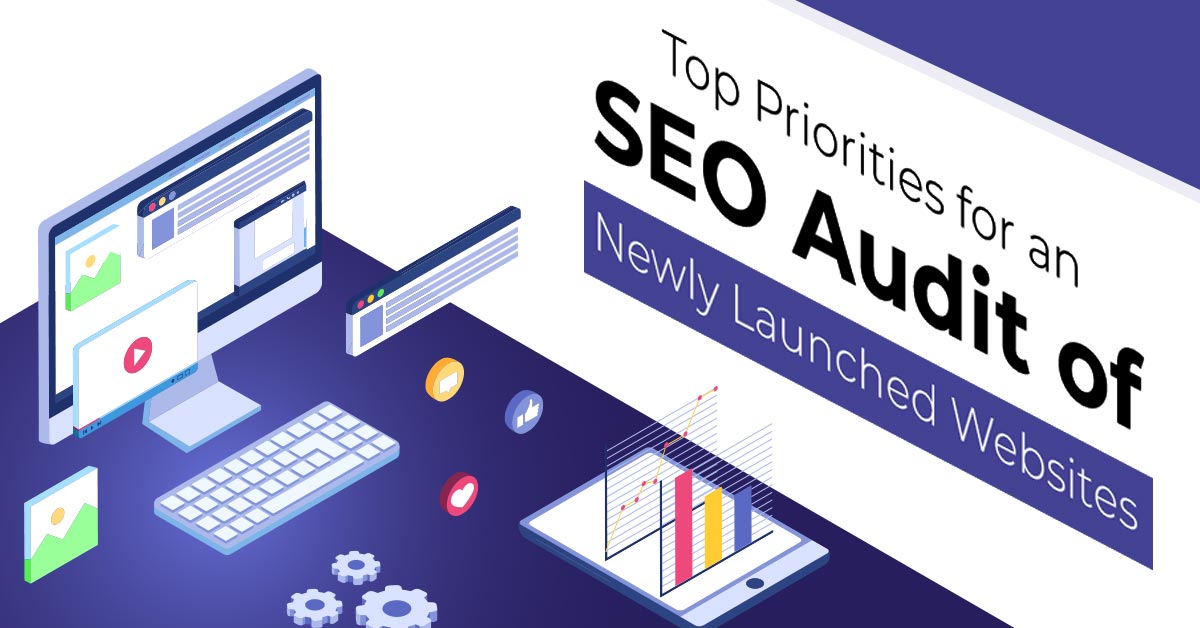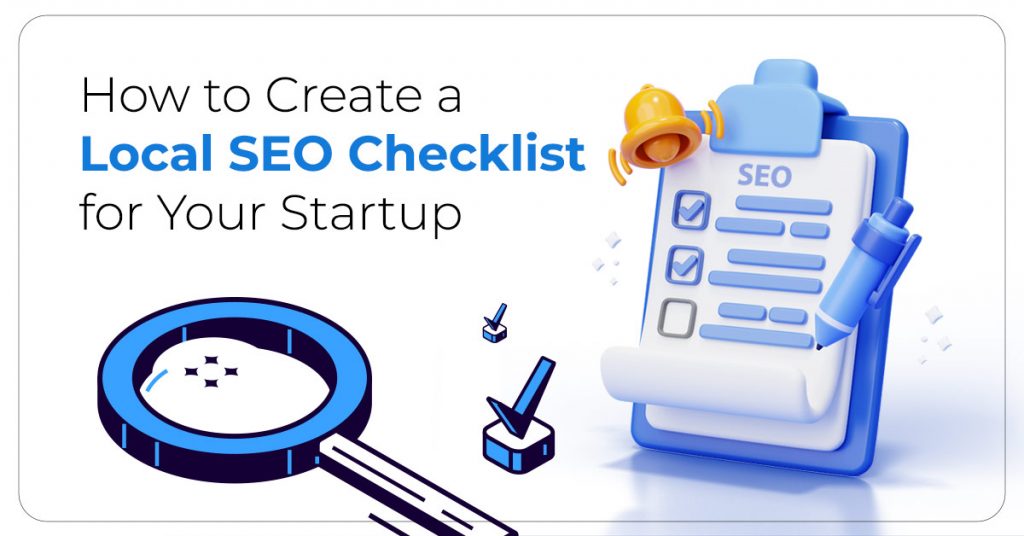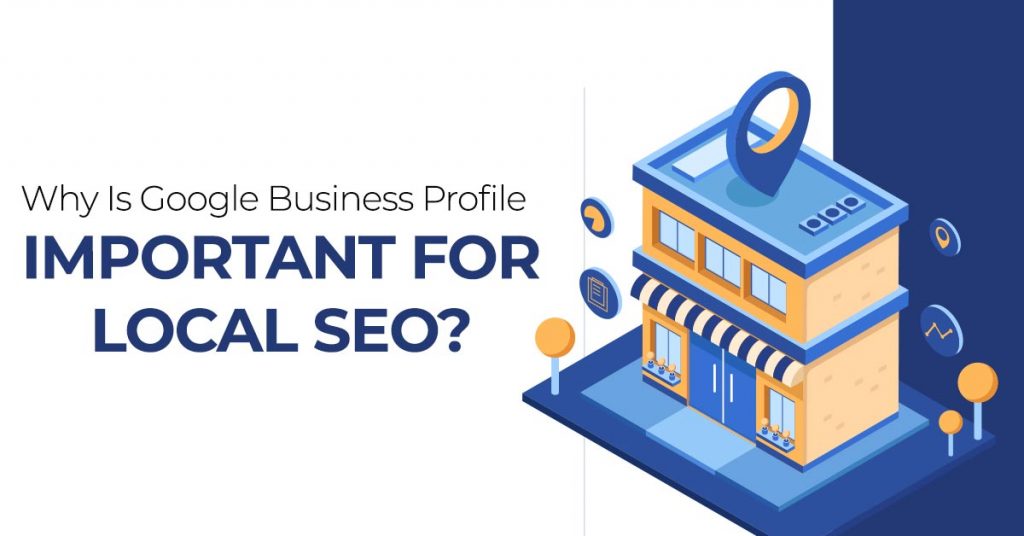A new website is always exciting and is the beginning of building a good online presence. To make sure that the site is starting off on the right note at search engines, conducting a SEO audit becomes imperative. It helps you identify potential issues; it enhances the visibility quotient; and most importantly, it lays down a foundation for long-term success. Here are the top priorities you must focus on conducting an SEO website audit in Melbourne for newly launched websites.
1. Crawlability And Indexability
Before your website can rank in a search engine like Google, it needs to be crawled and indexed. You can begin by making sure that your site is crawlable. That means you can use tools like Google Search Console to make sure all pages are being found and indexed.
- Check for a Robots.txt File: Make sure that the robots.txt file of your website does not block any of your important pages from getting crawled.
- XML Sitemap Submission: You have to submit your XML sitemap to Google Search Console. Such a sitemap must contain all the important pages of your website, which can help the search engines understand its structure.
- Inspect Crawl Errors: Identify and eliminate crawl errors that are reported in Google Search Console so that search engines can index your page correctly.
2. On Page SEO Optimisation
On-page SEO refers to the optimization of each page of a website and ranking it as high as possible in search results. These comprise things like titles, meta descriptions, and headers that give both users and search engines context. Key areas to audit are as follows:
- Title Tags: Each page of your site should have a different descriptive title tag. It should contain your main keyword and be less than 60 characters.
- Meta Descriptions: These should be clear, concise, and enticing to a user to click through. To be viable, they must be between 150-160 characters long, they must contain the keyword to rank for, and they should briefly summarize the content on that page.
- Header Tags (H1, h3, h4): Your pages should be organized using header tags. The H1 is your page headline, but h3 and h4 may be used where subheadings are required not only to break up text and make it more readable but also to further define its relevance to SEO.
3. Quality And Relevance Of Content
Good content quality represents the backbone of any SEO strategy. The new website should have good, well-researched, and relevant content. You can also get help from Infinix, to get recommendations customized to your website’s specific needs. For the audit, assess the following:
- Use of keywords: Ensure that your content naturally includes relevant keywords without stuffing them. Use tools like Google Keyword Planner or SEMrush to identify which keywords in your industry are suitable for the content.
- Content Depth: The content should be able to provide value to the users in terms of covering the topic or subject matter in depth. Thin content, which provides very low value, should either be avoided or improved upon.
- Duplicate Content: Content should not contain duplicate material. A couple of recommended tools for checking duplicate content are Copyscape. Search engine sites penalize the site for having content that’s considered duplicate, leading to negative rankings on search.
4. Mobile-Friendliness
When the majority of your search queries will come from a mobile device, the site has to be mobile-friendly, which is very important for being successful in SEO. Google prefers mobile-first indexing, so what you do on your mobile site can actually impact the ranking of your site. Here’s how to audit for mobile optimization:
- Mobile Usability Test: Use Google’s Mobile-Friendly Test to diagnose and fix mobile usability issues.
- Responsive Design: Make sure that your web design is responsive, meaning it will be adaptable to different sizes of screens and other devices.
- Page Speed on Mobile: Check the page load time on mobile by using Google PageSpeed Insights. Slow page usually increases bounce rates and hurts rankings.
5. Technical SEO
A technical website provides a solid base for SEO success. Here are the key points to pay attention to as you go through your audit.
- Site Speed: A faster website not only improves user experience but also ranks better. Use testing tools like GTmetrix or Google PageSpeed Insights to find opportunities to speed up the load.
- SSL Certificate: Get to HTTPS with an SSL certificate. An SSL certificate is another ranking signal in Google. Your site needs to be secure, and there should not be any mixed content warnings.
- Structure of URLs: Clean, descriptive, and relevant keywords – No special characters and no long confusing strings of numbers
A full SEO audit on a website launching for the first time is the only way to make sure long-term success. Giving crawlability, on-page optimization, content, mobile-friendliness, technical SEO, a backlink profile, and monitoring focus has helped me lay down a good foundation for visibility and rank positions with my sites. For expert guidance partner with our SEO Company in Melbourne to get the support and strategies needed to improve your online presence and get sustainable results. Remember that SEO does not end at launch; it is ongoing and has ensured, from time to time, that every one of these elements has been revisited to maintain and improve their sites’ performance over time.




